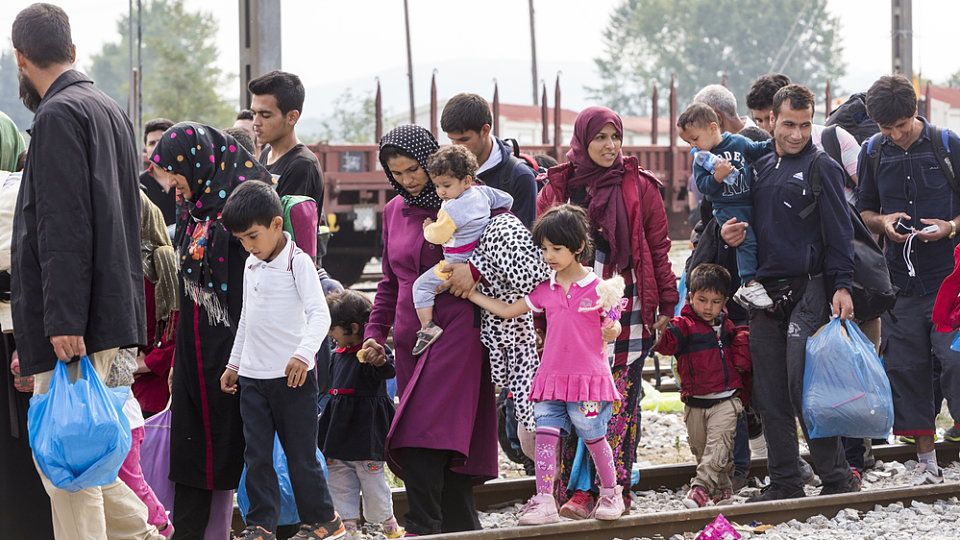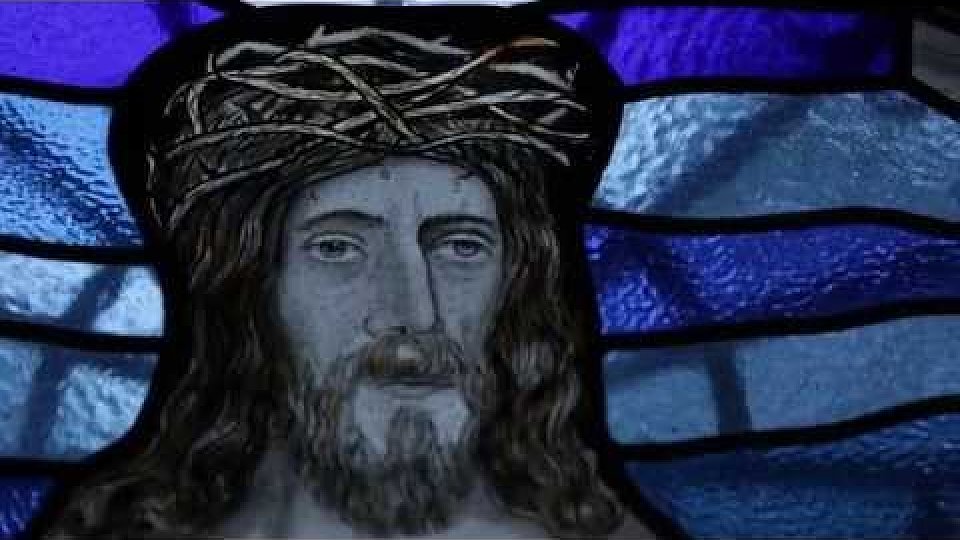Fear and the Syrian Refugees
If your Facebook newsfeed is at all like mine, it’s full of posts about the Syrian refugee crisis. I thought I’d add to the conversation with a post here.
After the attacks in Paris last week it was discovered that one of the attackers came into France posing as a Syrian refugee. Understandably, fear swept many in Europe and here in the US concerning the Syrian refugees. In some ways the fears parallel the fears people felt towards people of Asian descent after the attack on Pearl Harbor. At that time in history. America went so far as to develop internment camps for Japanese Americans and Japanese immigrants - not one of America’s finest hours.
My friend Mike Slaughter of Ginghamsburg United Methodist Church recently sent a video team to Beirut, Lebanon, to meet some of the Syrian refugees there and aid organizations who are helping. I’d like to invite you to watch the brief video, "Beyond Bethlehem," that helps us remember who these refugees are (you may click here to watch it or click on the image above). These refugees were caught between ISIS and Asaad; between terrorism and a tyrannical ruler. Their homes have been destroyed, their cities bombed, and they’ve fled for fear of death. But today many have nowhere to go, particularly after the attacks in Paris.
I’m reminded that Jesus was a refugee whose family sought asylum in Egypt shortly after his birth. Mary and Joseph fled Bethlehem after another tyrannical ruler, Herod the Great, sent troops to slaughter the children of Bethlehem. It is this part of the Christmas story that I find most compelling right now – when God came to this earth, he came as a child fleeing the horrors of tyranny, living as a refugee for the first years of his life.
Years later when Jesus would describe the Last Judgment to his disciples he spoke of the final judgment being a moment when the Son of Man would separate the nations of the earth as a shepherd separates the sheep from the goats. The sheep would be welcomed into God’s eternal kingdom, and the goats sent away. Jesus said the difference between the sheep and the goats was that the people who were sheep in this parable were those who helped people in their hour of need. The people who were goats turned them away. Who did they help or turn away? It was the hungry, thirsty, naked, sick, imprisoned, and the stranger. Stranger in Jesus’ parable signifies the foreigner. I think Jesus included this last category because he himself had been a refugee in Egypt.
In the parable it appears that the goats thought of themselves as religious. They were therefore surprised when, at the last judgment, there were turned away. So, why did the goats turn away those who were in need? I think it was because they were afraid and they allowed their fear to override their compassion and humanity. And the sheep? They found the courage to overcoming their fears and to act with compassion and love.
We’re right to insist on proper screening of refugees (on this I don’t know enough about the current processes for screening to know if it is adequate or not). If the current practices are inadequate, let’s improve them. But our fears cannot lead us to completely close off our hearts to children, families, seniors who need our help and have nowhere to go.
The Syrian crisis is complex. Doing our best to ensure security is important. But we must also find a way to help people fleeing from harm to find refuge.
If you're not receiving refugees in your state, how can you or your church help those who are? Can you partner with churches in Europe or other parts of the US? Can you support organizations like the United Methodist Committee on Relief who are providing aid and support? Can you support other refugees being resettled into your area?
Christ compels us, and our aspirations as a nation demand that we do something. Fosdick’s famous words capture my prayer for myself and for our country at this time, “Grant us wisdom, grant us courage that we fail not man nor Thee!"





Comments
blog comments powered by Disqus